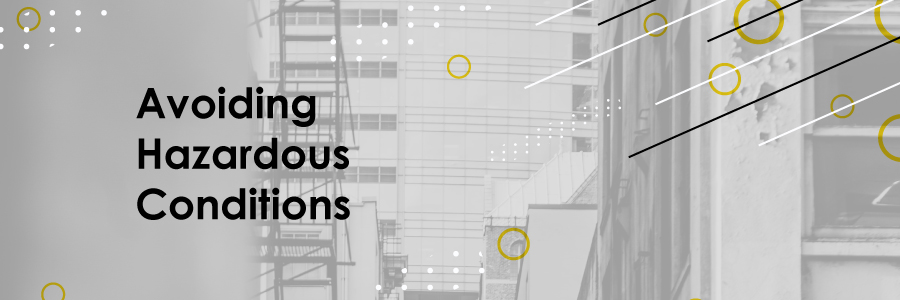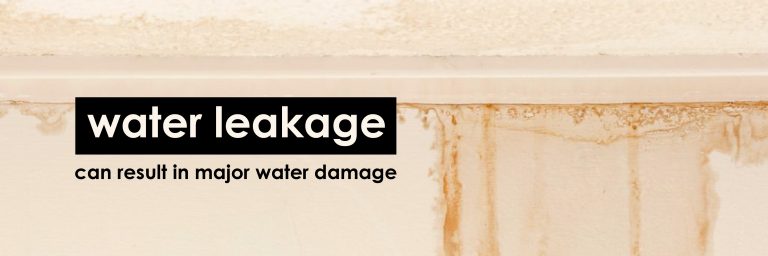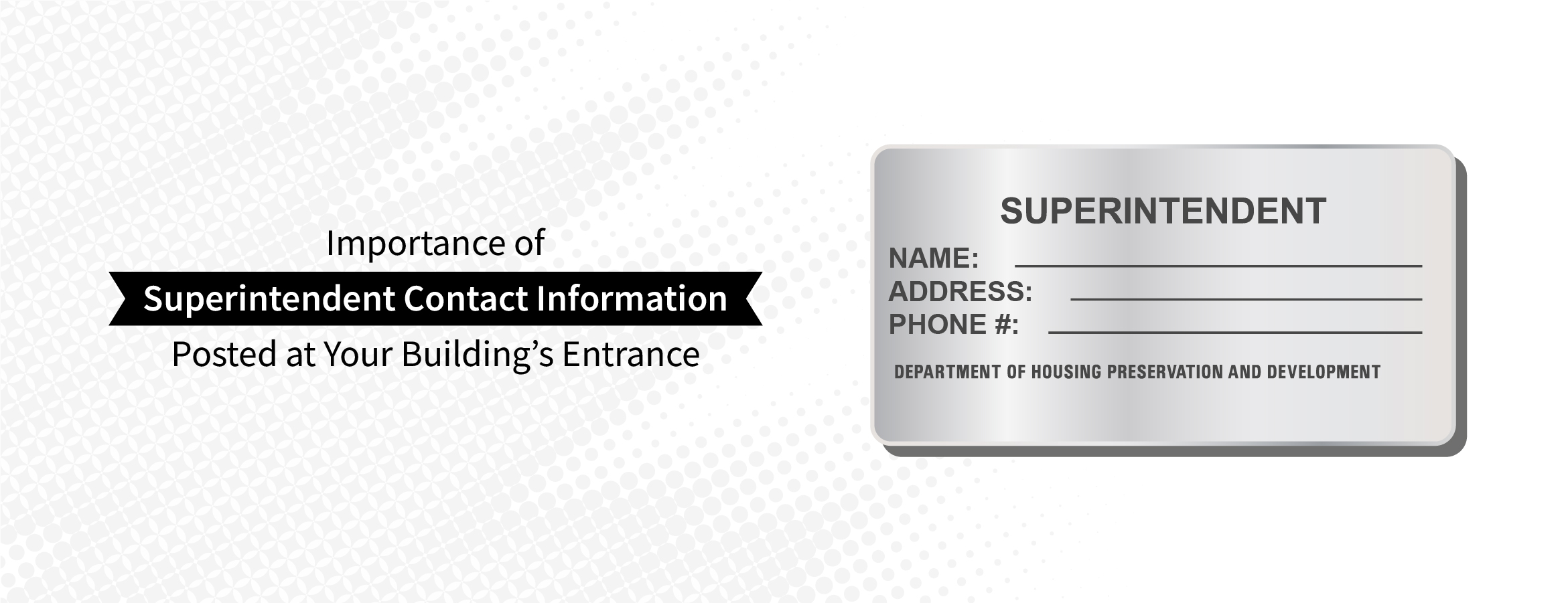When it comes to tenant-management relations, there is nothing more important than keeping the channels of communication in your NYC building open. This investment in mandatory Housing Preservation and Development (HPD) Signs can not only prevent hazardous conditions for residents and long term damage to your building. It can also help to prevent various violations, summonses and fines from the Department of Buildings (DOB).
In this blog, we’ll list and explain some of the many reasons why it makes sense to post this super contact information notice, otherwise known as a building superintendent sign. First, let’s go over what a HPD-compliant superintendent sign is.
What is a Superintendent Sign?
A Superintendent Sign, also known as a Janitor Sign or Housekeeper Sign is a type of signage required by the New York City Housing Maintenance Code. It should be displayed in a prominent place at or near your building’s entrance. Front hallways, vestibules and mailbox areas are all good places.
The sign should ideally be made of a durable material such as aluminum or hard plastic and the text should be printed in a readable, sans-serif (aka plain or boxy) typeface that stands out from the sign background (a light sign background should have dark lettering over it and vice versa). According to the city, it should include the super, janitor, maintenance person or housekeeper’s name — along with their “address, apartment number and telephone number”.
Why a Superintendent Sign is So Important?
There are many reasons why one of these signs is essential for both the health and safety of your tenants, as well as the upkeep of your property. These include:
- Avoiding Hazardous Conditions:
From a potentially dangerous building condition — such as the presence of peeling lead paint, rats and roaches — to unwelcome visitors, your tenants should have a number to call and address any situation that could quickly get out of control. If a resident encounters something that could result in a tragedy — such as someone playing with matches in a wooden, combustible building — you’ll want the person on call to get to the bottom of the situation as soon as possible.

That’s why if your super still has a landline phone; including their cellphone number on the signage is a good idea. In the case of something like a suspected gas leak, your super’s phone should be the second number that is called after the gas company — in order to help technicians quickly gain access to the basement, interior gas connections and/or boiler room.
- Avoiding Major Damage to the Building:
There are certain situations that are not immediately hazardous. These scenarios can still cause major — or sometimes even catastrophic — damage to your building’s structure over time. Even a small water leak can result in major water damage, a collapsed floor, or in some cases, an entire retaining wall to crumble. It’s better to ensure your renters can inform the person in charge of maintaining the building in order to ensure a problem is nipped in the bud. This should ideally happen before an issue causes either significant cosmetic damage or critical structural failure to your valuable property.

- Encouraging Good Resident-Landlord (and Public) Relations:
One of the ways you can easily gain some major karma points and goodwill when it comes to your renters is by furnishing them with the right numbers to call should something go wrong. Even the best maintained buildings can have sudden emergencies and other quality of life issues that need to be tackled quickly before they become larger problems, as we illustrated in the previous two bullet points.
In any house or apartment building there is always something that can suddenly and without warning go awry and become a point of contention for residents and the neighborhood at large. From improperly disposed of garbage to noise complaints to a sudden insect or rodent infestation, your tenants and staff are your eyes and ears. They should have the means at their disposable to immediately report any sudden situation that crops up and requires repairs or the mitigation of a nuisance.
It’s an especially good idea to make your super’s contact info available close enough to the entrance to be seen by others, such as a next door neighbors, in order to be even more aware of any situations that suddenly arise. That’s why vestibules and front hallways are ideal places to post this sign. When it comes to managing a property, what you don’t know can certainly hurt you. That’s why the latest information about your building conditions is just so important to keeping things running smoothly and copacetic.
- Avoiding Violations, Summonses, Fines and Penalties
From the DOB to HPD, Fire inspectors and other city government officials, one great reason to keep all your required compliance signage up to date and in good shape is to avoid the hassle — and the resulting expenditure of time and money for fines, summonses and emergency repairs — of dealing with the various citations that can happen as a result of neglecting your most basic duties as a landlord or property manager.
Most regulatory signage is there for a reason and a superintendent sign is no different. It just makes sense to invest in all mandated notifications and signs — in order to avoid much greater costs and hassles down the road. To ignore these types of simple and inexpensive measures is the very definition of being pennywise and pound foolish.
For More Information, Just Ask the Pros
Do you have any questions about Superintendent and other HPD Signs? If so, don’t worry. We’re here for you! Feel free to reach out to us at Brooklyn Signs with any questions or a free quote on complete HPD Sign packages, including the latest Covid-19 Signs recommended by the city.
We’ve been designing, fabricating and installing signs in NYC for more than three decades and specialize in sharing our expert, firsthand knowledge of local sign regulations — from residences to stores, restaurants and commercial buildings — with our clients. You can also check out our huge selection of HPD Signage right now. We look forward to hearing from you.




